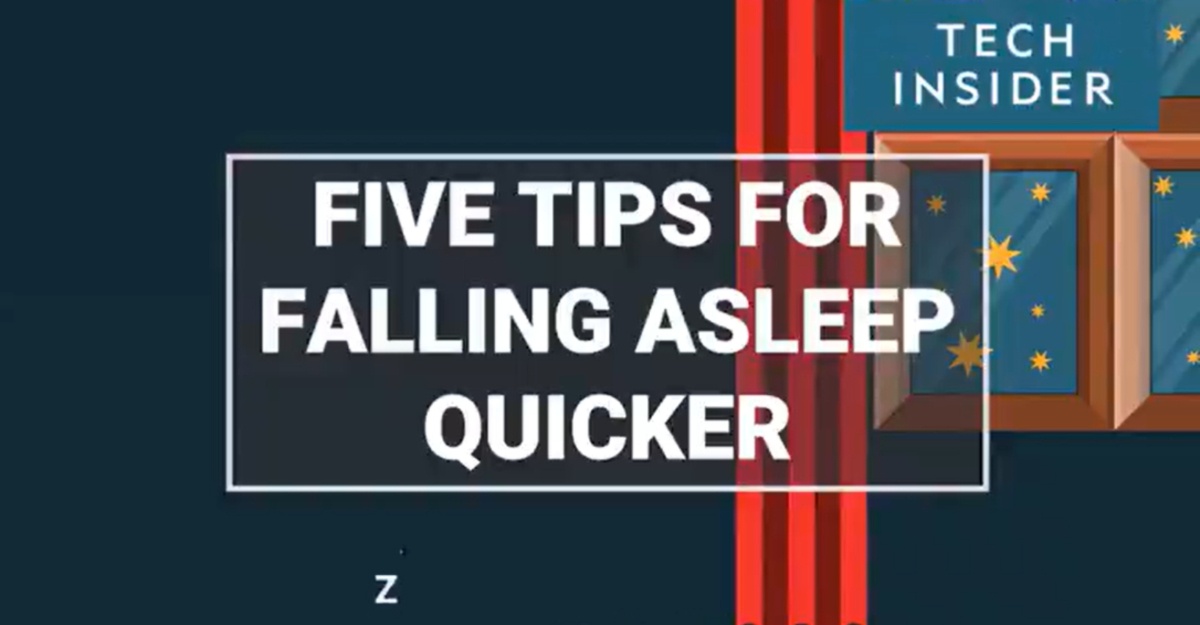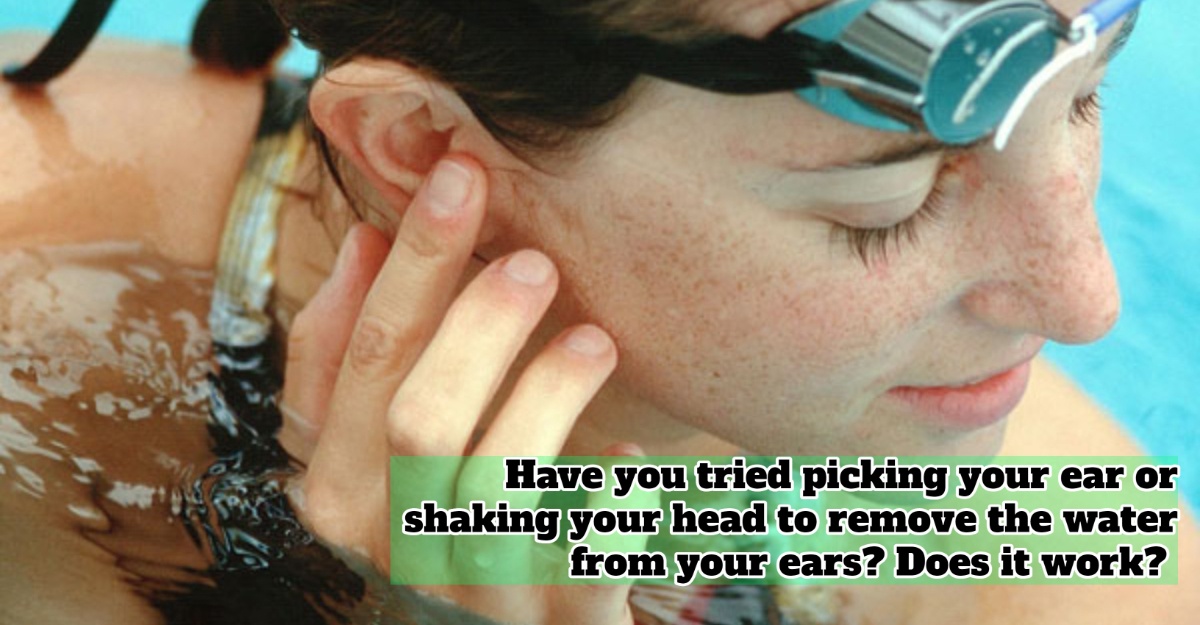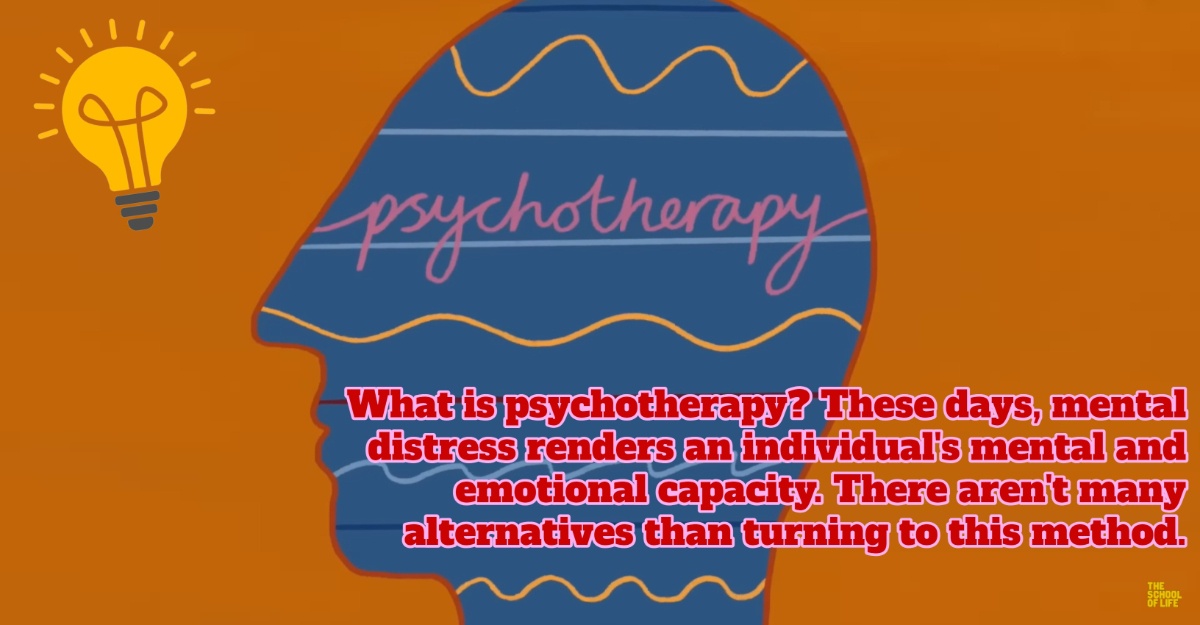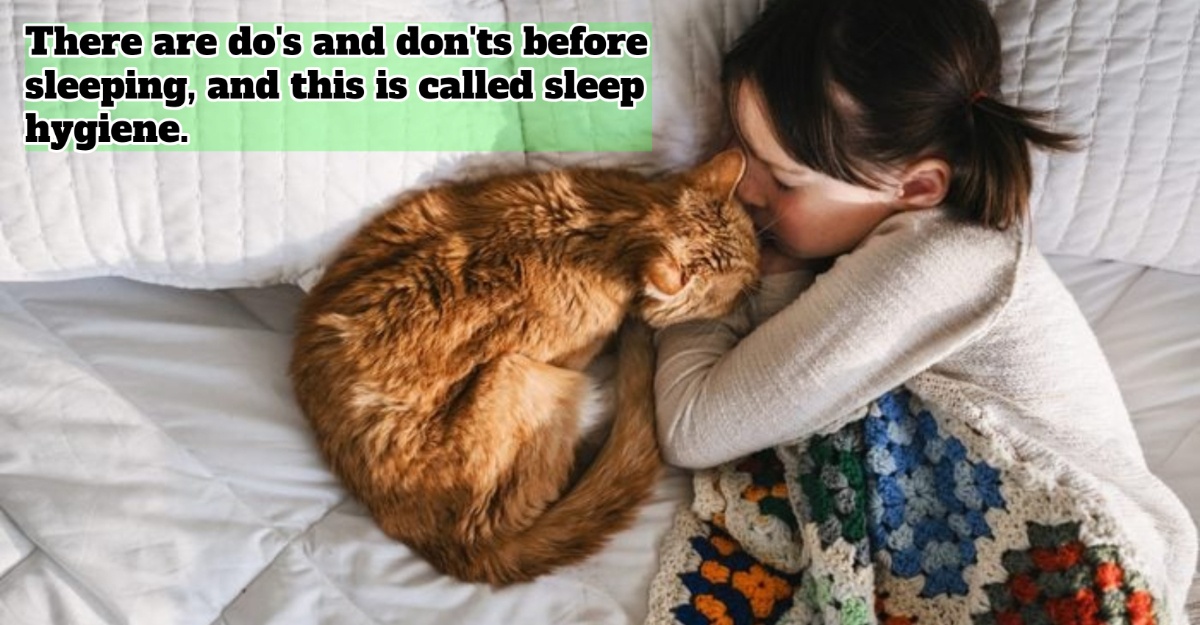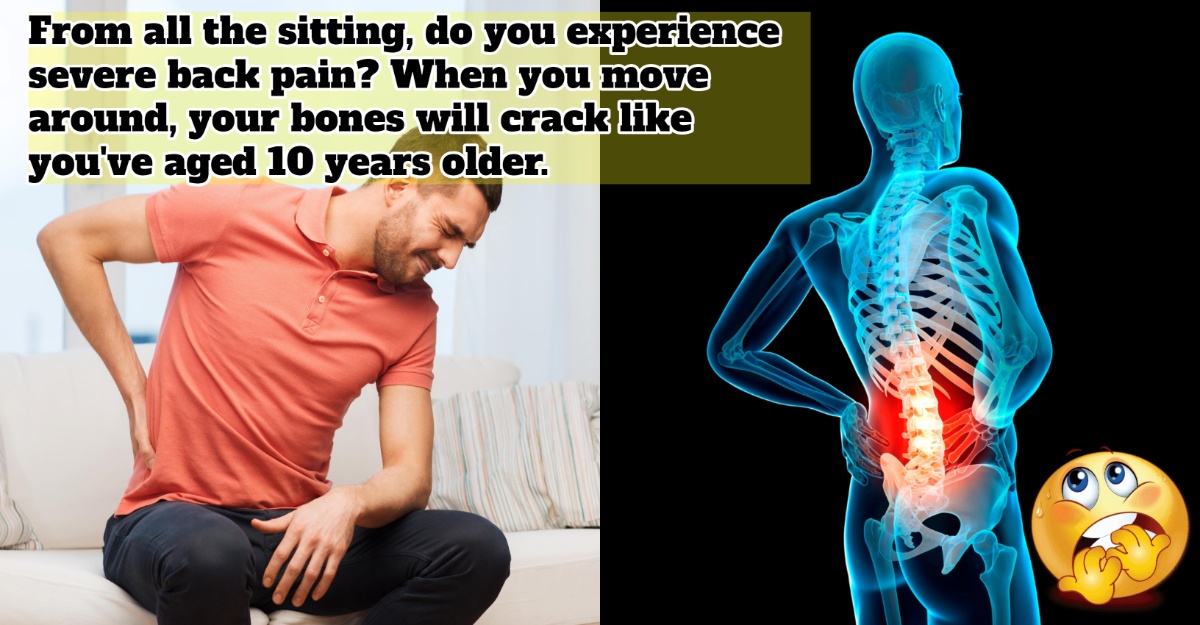Is it possible to fall asleep more quickly? Sleeping is one of the essential activities we have to do to keep our minds and body healthy.
On average, according to MyHealthfinder, adults need seven or more hours of a good night’s sleep every night, while kids require at least eight to 10 hours of sleep each night.
However, in the era of technology and modernisation, it’s difficult for us to sleep deeply as our minds are still continuously working at night.
Therefore, Tech Insider on Twitter shares a helpful post presented by Professor Matthew Walker from the University of California Berkeley, who specialises in neuroscience and psychology. In the video, he highlights five perfect conditions for falling asleep quicker.
A sleep expert describes the perfect conditions for falling asleep quicker pic.twitter.com/L3zyDSvkml
— Tech Insider (@TechInsider) October 7, 2022
If you have trouble falling asleep quickly, try out these practices:
Try and maintain regularity

- Go to bed and wake up at the same time.
- Although previously you’ve had a bad night’s sleep, try waking up at the same time.
- This helps your body and mind to reset and begin a new cycle.
Dim or switch off the lights an hour before bed
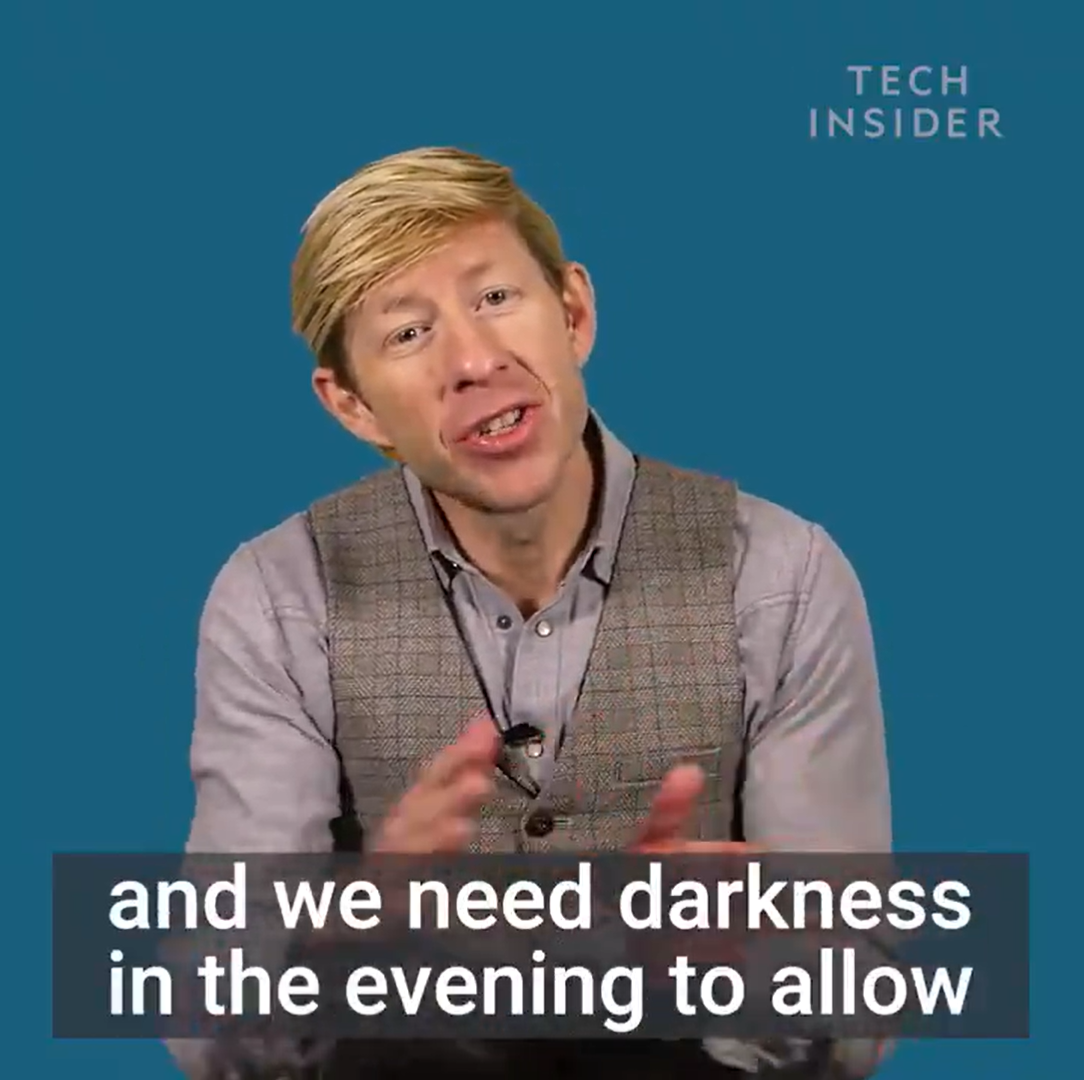
- Humans need darkness to excrete a hormone called melatonin.
- Melatonin helps the healthy timing of our sleep.
- Stay away from screens that emit blue light, especially LED screens.
- Blue light signals the brain that it’s still daytime despite already nighttime.
Sleep in cool condition

- The optimal temperature of your room should be 68 Fahrenheit or 18.5 degrees Celcius.
- This is because your body needs to drop around two to three degrees/Fahrenheit to initiate good sleep.
- Surprisingly, it’s easier to fall asleep in a cold room than in a hot room.
Avoid alcohol and caffeine
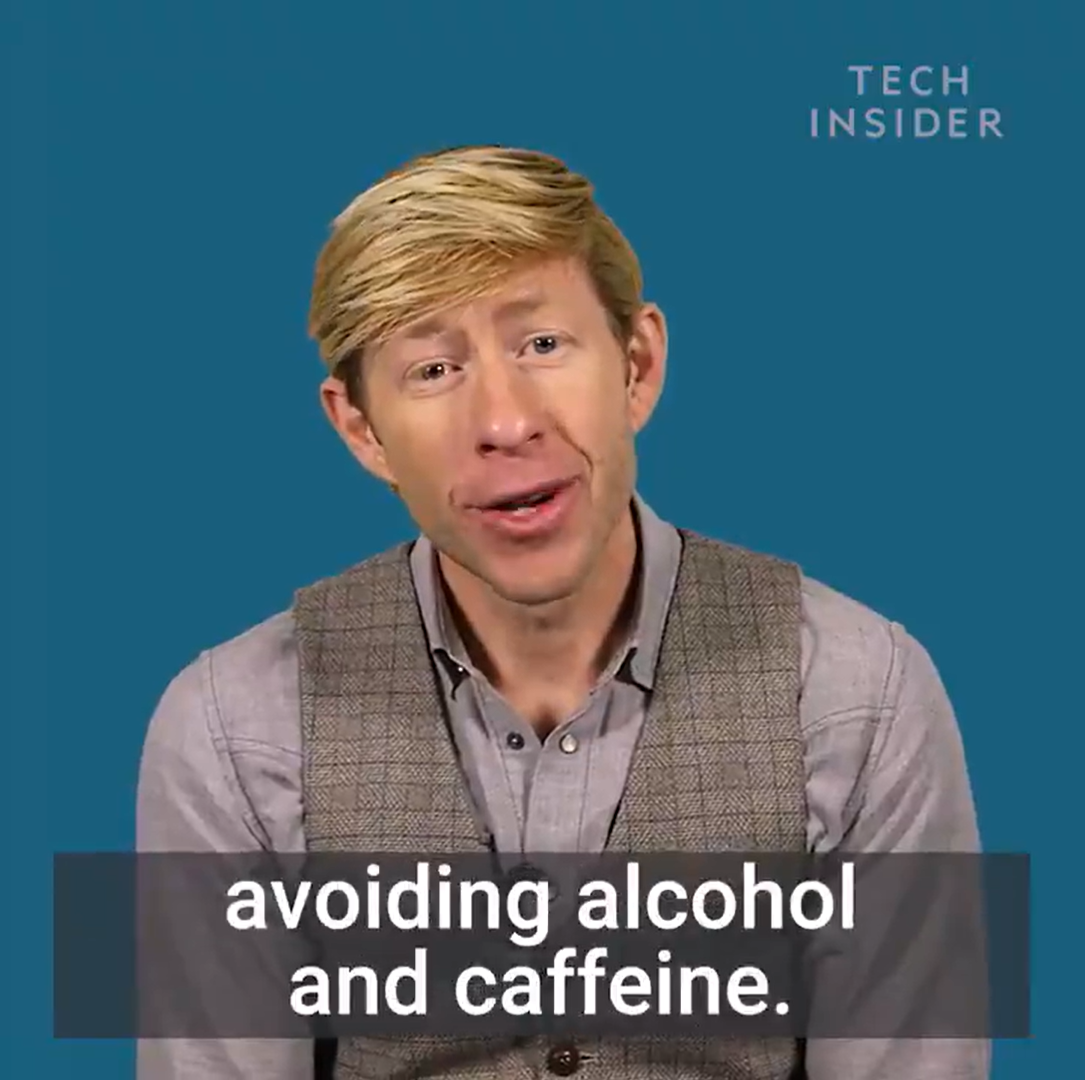
- Some people thought that alcohol could help them sleep better.
- Alcohol is a class of drugs called ‘sedatives‘.
- It knocks your brain out but not putting it into natural sleep.
- Yet, Professor Walker states that alcohol makes you sleep in fragments.
- Sleeping in fragments will hinder the dream sleep or rapid eye movement sleep that’s responsible for a good night’s rest.
- Additionally, caffeine is a stimulant that keeps you awake, an alerting chemical.
- Although some people could sleep well after a cup of coffee before bed, the quality of your sleep isn’t as deep. It’s due to the presence of caffeine in your brain.
- The consequences are:
- You’ll feel sluggish when you wake up.
- You’ll become dependent on caffeine to fall asleep.
Not to stay in bed awake
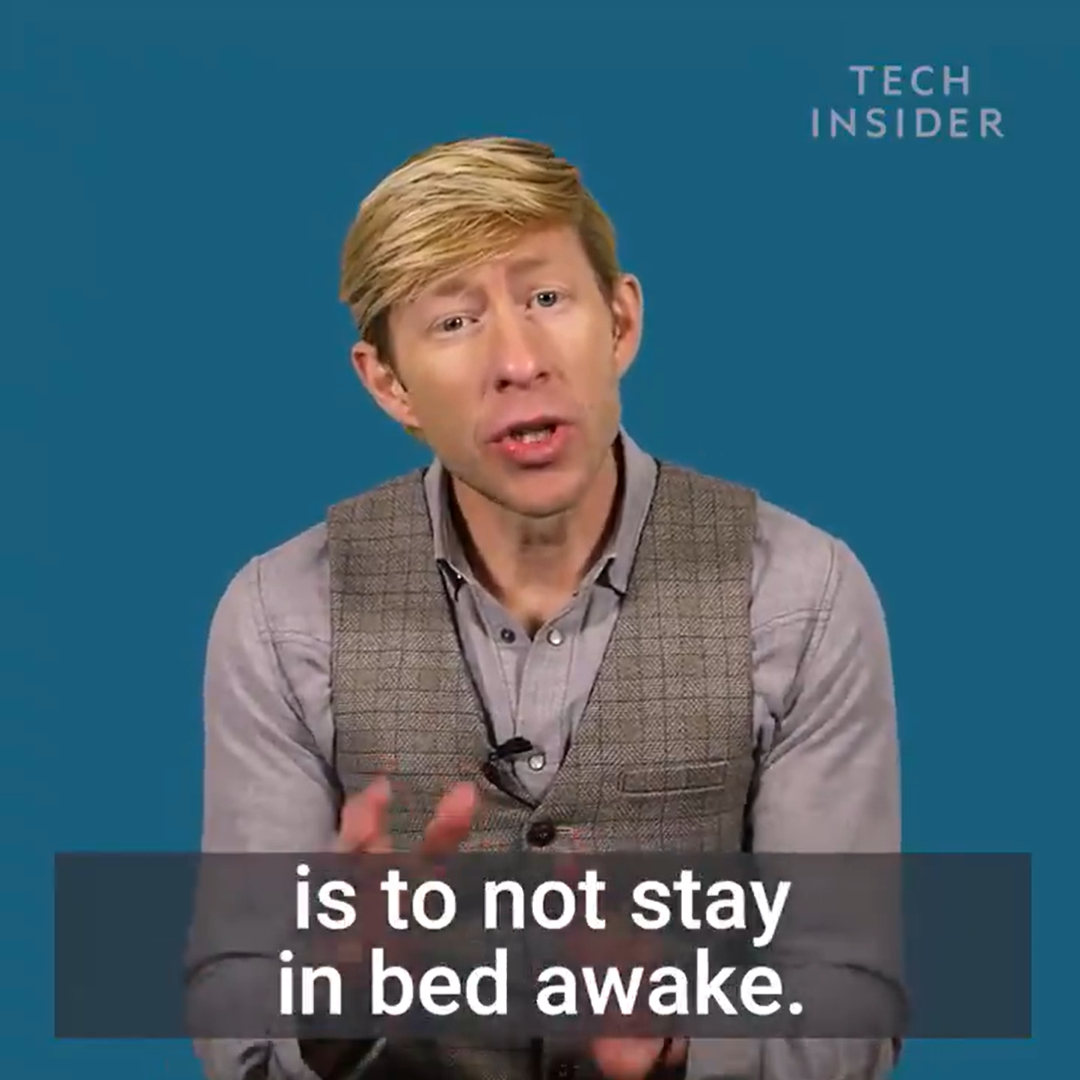
- If you’re still awake 20 minutes after trying to sleep or you’ve woken up from sleep, don’t stay in bed.
- It’s because your brain quickly associates the information of you not being able to sleep with the bed you’re lying on.
- What to do?
- Go to another room.
- Read a book in dim light.
- Don’t check your emails or look at the screen or eat anything.
- When you start feeling sleepy, return to bed, and your brain will learn the association of the bed is a place for you to sleep and not awake.
- However, if you’re not keen on getting up and changing rooms, meditation is advisable to relax the body and calm down the flight-or-fight response.
- Hence, once your body and mind relax, you can fall asleep.
We shouldn’t take sleeping for granted as it helps stabilises our mood and helps us end a tiring day and start a new one.
Thus, try changing the conditions of your surroundings to get a night of better sleep.
Sources: Twitter Tech Insider, MyHealthfinder

